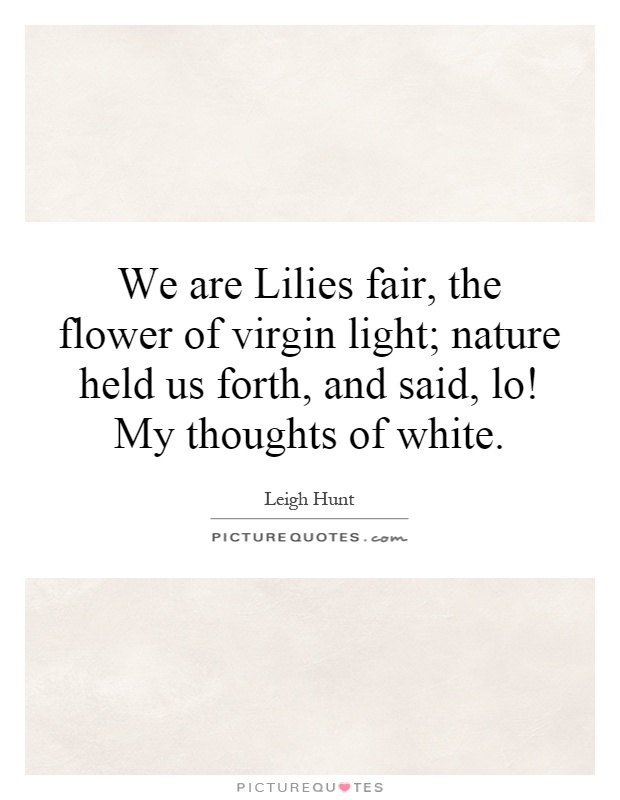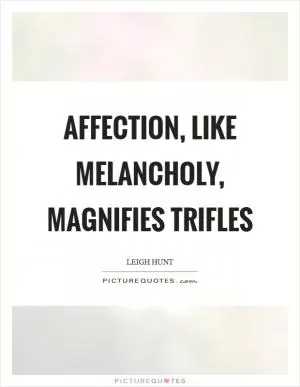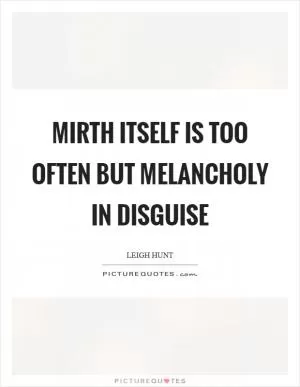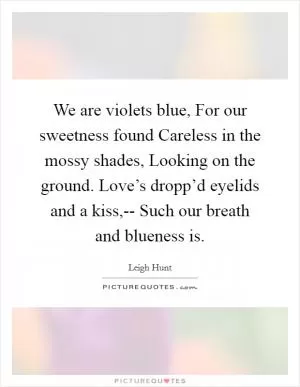We are Lilies fair, the flower of virgin light; nature held us forth, and said, lo! My thoughts of white

We are Lilies fair, the flower of virgin light; nature held us forth, and said, lo! My thoughts of white
Leigh Hunt, a prominent English poet and critic of the Romantic era, was known for his lyrical and evocative poetry that often celebrated the beauty of nature and the innocence of youth. In his poem "We are Lilies fair, the flower of virgin light; nature held us forth, and said, lo! My thoughts of white," Hunt captures the essence of purity and grace through the imagery of lilies, a symbol often associated with innocence and beauty.The opening line of the poem, "We are Lilies fair, the flower of virgin light," immediately sets the tone for the rest of the piece. The lily, with its delicate petals and pure white color, is a fitting symbol for the innocence and purity that Hunt seeks to convey. By describing the lilies as the "flower of virgin light," he suggests that they are not only beautiful but also imbued with a sense of divine radiance.
Hunt goes on to describe how nature itself brought forth these lilies, as if to showcase its own thoughts of purity and beauty. The line "nature held us forth, and said, lo! My thoughts of white" suggests that the lilies are a manifestation of nature's own ideals of purity and innocence. In this way, Hunt elevates the lilies to a higher plane, suggesting that they are not just ordinary flowers but symbols of something greater and more profound.
Throughout the poem, Hunt uses vivid imagery and lyrical language to evoke a sense of wonder and awe at the beauty of the lilies. His words paint a picture of a world filled with light and purity, where nature's creations are a reflection of its own divine essence. By celebrating the lilies in this way, Hunt invites the reader to contemplate the beauty and wonder of the natural world, and to appreciate the simple yet profound joys that it has to offer.












 Friendship Quotes
Friendship Quotes Love Quotes
Love Quotes Life Quotes
Life Quotes Funny Quotes
Funny Quotes Motivational Quotes
Motivational Quotes Inspirational Quotes
Inspirational Quotes